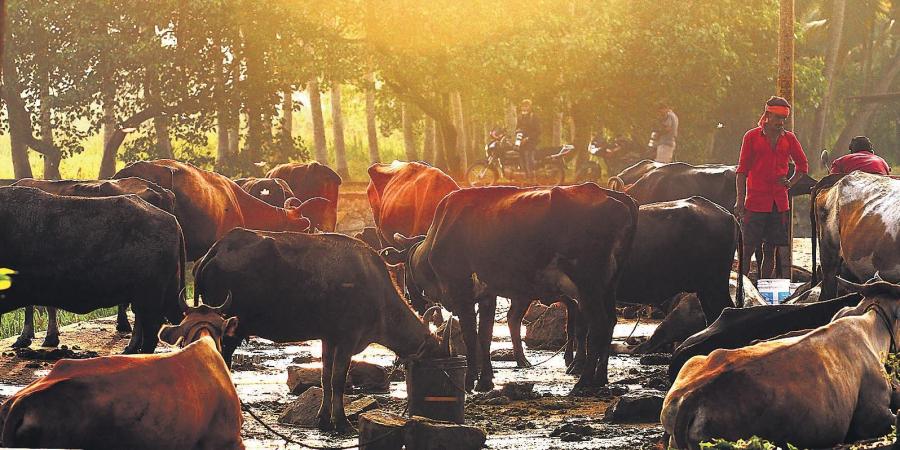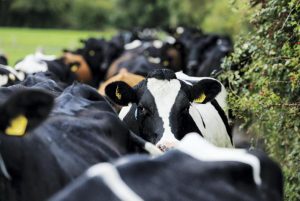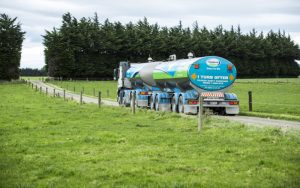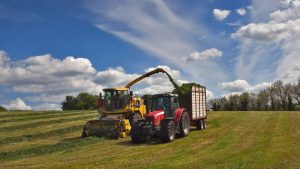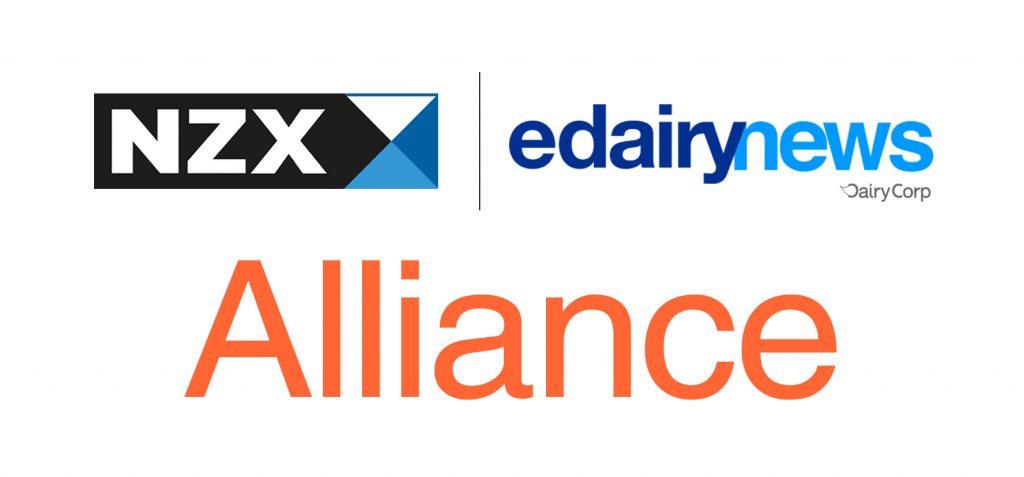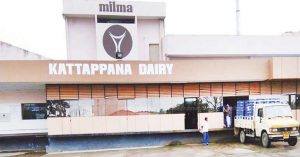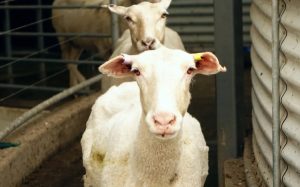Even at the peak of the lockdown, milk supply was deemed an essential service and spared from the watertight containment measures.
The demand remained steady throughout the period, and there were no issues with supply either.
Yet, dairy farmers in the western districts of the state tell a tale of deprivation. Despite the steady, if not high, demand, the dairy farmers could not make hay.
The reason, they claim, are two-pronged: One, a slide in sales and price; two, a spike in the cost of production. Hence, the series of protests against the Tamil Nadu Milk Producers Cooperative Federation (Aavin).
The protests were triggered by the State-run cooperative’s sudden decision to restrict milk procurement.
The dairy farmers attribute the stoppage to the Aavin facilities reaching their processing saturation point, leading to the farmers tied to the cooperative losing their major client.
Tamil Nadu Milk Producers Welfare Association general secretary M G Rajendran says private milk companies offer only Rs 18 a litre, which is Rs 11 lesser than Aavin’s minimum procurement price. “We have been demanding the State government to raise the procurement price as cattle farmers’ production cost for milk per litre has been touching Rs 40,” he says.
The lockdown, and the logistics trouble, led to the private players stopping/reducing their procurement. Add to that Aavin’s restrictions on procurement, and thus shrunk the farmers’ market. Rajendran pegs the daily excess that reached the Aavin facilities at eight lakh litres, which he says can be used to produce milk powder and sold through ration shops.
President of Aavin Milk Producers Association S R Rajagopal says the maximum processing capacity of Aavin across the State is 36 lakh litres. The excess was earlier sent to Andhra Pradesh, but the lockdown restrictions made that option unviable.
Already reeling under the crushing burden of procurement slump, the farmers now must grapple with pay arrears as well. Official sources say every district unit of Aavin has been withholding payment to farmers owing to the financial crisis.
Touching upon the input cost escalation, State President of Barren Land Farmers Association, K Ravindran, says the private players have slashed procurement price from Rs 36 to something hovering between Rs 11 and Rs 25 in the Namakkal area. What makes dairy farming more unviable is the fact that the input cost too has escalated, making the prospect of reaching the break-even point remote.
“Fodder cost — punnakku (oil cake), cottonseed, maize flour, paddy husk (dry fodder), etc., — has risen by 10% to 20% in the lockdown period,” Ravindran points out.
A cross-section of farmers Express spoke to sheds light on their predicament of keeping the milch cows.
One farmer from Sulur says maintaining a milch cow costs a bomb. However, in view of the lockdown, one cannot sell their cattle as well. With the trade relations with Kerala strained, farmers have little option other than maintaining the aged cattle, which otherwise would have gone to Kerala abattoirs.
The situation in Krishnagiri and Dharmapuri districts is partially different. State president of Tamizhaga Vivasaigal Sangam KM Ramagounder says while procurement has risen in the region, the rate has come down, and that too sharply.
Livestock farmers too feel they have got the raw deal as goat and poultry – the mainstay of village economy after cows – rates too have plummeted.
Here too, the rate plummeted for the farmers alone.
The retail price though is skyrocketing.
A goat farmer from Narsipuram says that a goat weighing 15 kg can fetch around Rs 7,000 in the market, but by the time it reaches a customer’s plate, it would have touched Rs 800 to Rs 1,000/kg. How does the cost escalate by such a margin, you may wonder.
The answer lies in the bane of the rural economy: Middlemen. Tamil Nadu Agriculturist Labourers Association general secretary J Prathapan says goat trade is the backbone of the rural economy and selling goats at throwaway prices is indicative of a systemic collapse, wherein the farmers cannot sell their produce to customers directly. The answer, he says, lies in organising a weekly market to end the dependence of farmers on middlemen.
Not only the exhausted parents, there is another stratum of the society that is anticipating school reopening with bated breath: Poultry farmers.
What with lockdown leading to closure of hotels, schools benefiting from the midday meal scheme could have turned the tide for the farmers with huge orders.
President of Namakkal Zone Egg Producers Association K Mohan is at the forefront demanding the Centre and the State governments to give a leg up to the industry.
“The governments must waive off the interest on loan availed of by the poultry farmers. At a time when the production cost of an egg has touched Rs 3.50, the National Egg Coordination Committee (NECC) has set Rs 3 as its price,” he says, pointing to a situation wherein the farmers are hard put to even break even.
(Reporting by M Saravanan @ Coimbatore, MP Saravanan @ Tirupur, Jevin Selwyn Henry @ Dharmapuri, Sivaguru S @ Krishnagiri, & Guruvanmikanathan S @ Namakkal)

